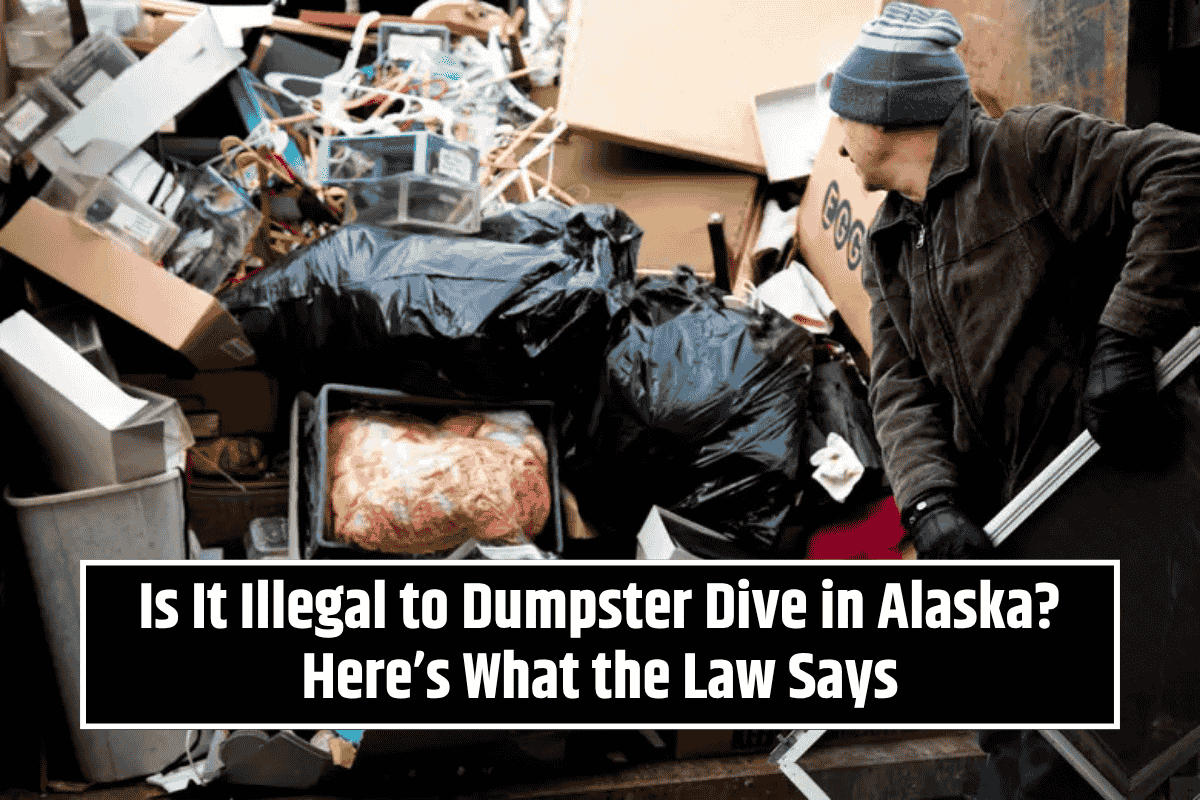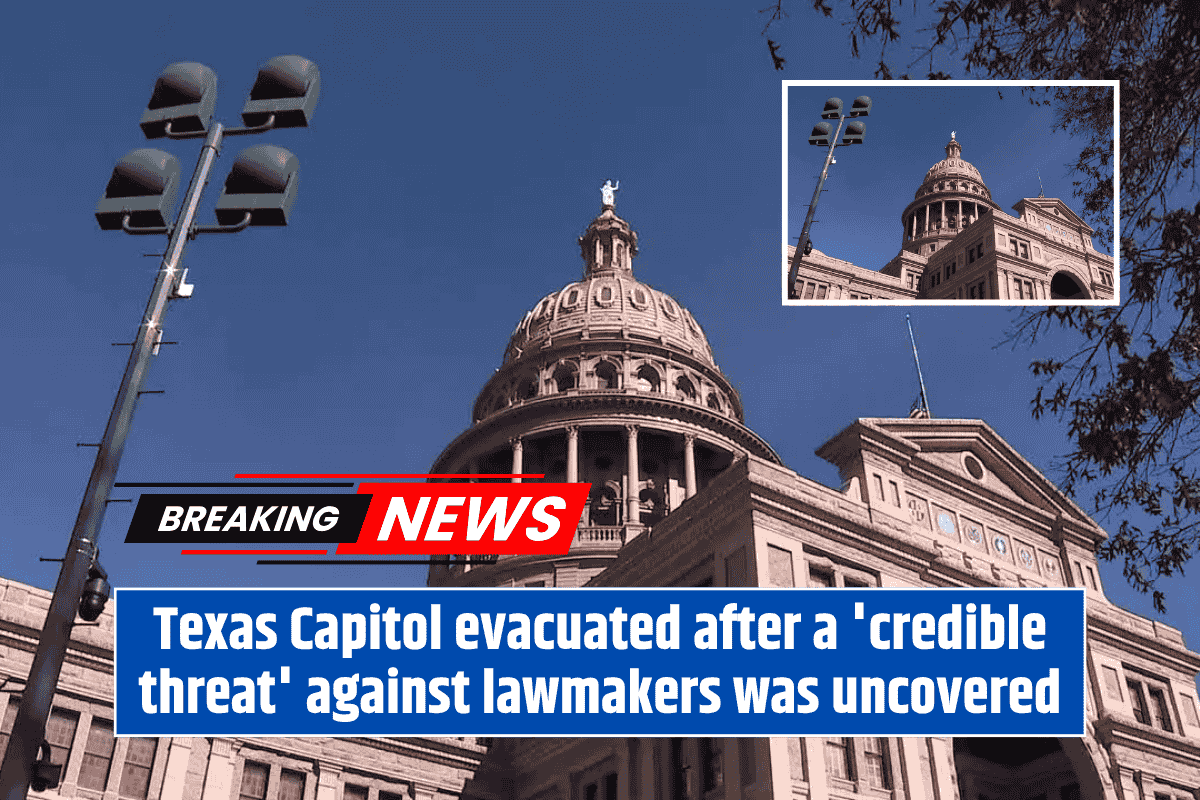Dumpster diving, the practice of searching through commercial or residential waste for usable items, is something that many people do for various reasons, including food, furniture, and other goods. However, it’s important to understand the legal boundaries of this activity, especially in places like Alaska.
While dumpster diving might seem harmless, it’s essential to know the laws surrounding it before diving into someone else’s trash. Here’s what you need to know about dumpster diving in Alaska.
Dumpster Diving and Alaska’s Laws
In Alaska, there is no specific state law that bans dumpster diving outright. However, whether or not it is legal depends on the location where the activity is taking place. While dumpster diving isn’t explicitly illegal, there are several factors that could make it illegal in certain situations. These factors include trespassing, theft, and local ordinances that may restrict accessing dumpsters.
Trespassing Laws
One of the most common legal issues associated with dumpster diving is trespassing. In Alaska, as in many other states, dumpsters are typically located on private property. If you enter private property without permission, you could be charged with trespassing. This is especially important to note if the dumpster is located behind a business or a residence.
If you are dumpster diving on private property, always ensure you have permission from the property owner or that the area is open to the public. Many businesses, for example, will lock their dumpsters to prevent unauthorized access.
Theft and Property Laws
Another legal concern when dumpster diving in Alaska is theft. In some cases, if you take something from a dumpster that isn’t considered “abandoned property” (or if the owner still has a claim on the items), you could be accused of theft. Even though an item is in the trash, it might still legally belong to the person or company that discarded it.
It’s important to understand that some businesses or individuals may dispose of valuable items in their dumpsters. If you take something that is still considered their property, even if it’s discarded, you could potentially face theft charges.
Local Ordinances and Regulations
While Alaska doesn’t have statewide laws that make dumpster diving illegal, individual cities and municipalities may have their own rules. In larger cities like Anchorage, you might encounter ordinances that restrict dumpster diving for health or safety reasons. These rules could be enforced by local authorities and may include fines for accessing dumpsters or taking items without permission.
If you’re planning to dumpster dive in any specific area, it’s a good idea to check the local regulations. Some cities may have designated areas for collecting discarded items, while others may have strict rules to prevent dumpster diving in certain parts of town.
Health and Safety Concerns
Dumpster diving, while not necessarily illegal, does come with health and safety risks. In Alaska, where conditions can be cold, wet, and harsh, safety becomes even more important. It’s important to protect yourself from sharp objects, mold, bacteria, and other harmful substances commonly found in dumpsters.
Additionally, in certain areas, you might be exposed to hazardous waste, which can be illegal to handle without proper training or safety gear.
In Alaska, dumpster diving is not explicitly illegal, but it is important to be cautious and aware of the surrounding laws. Trespassing on private property or taking items from dumpsters that are still considered owned property can lead to legal trouble.
Additionally, some cities or towns may have their own local laws restricting dumpster diving. It’s always wise to ensure that you have permission to access a dumpster and understand the local regulations before diving in.
While dumpster diving can be a sustainable and resourceful practice, always prioritize safety and stay within the boundaries of the law to avoid any unwanted legal issues.















Leave a Reply